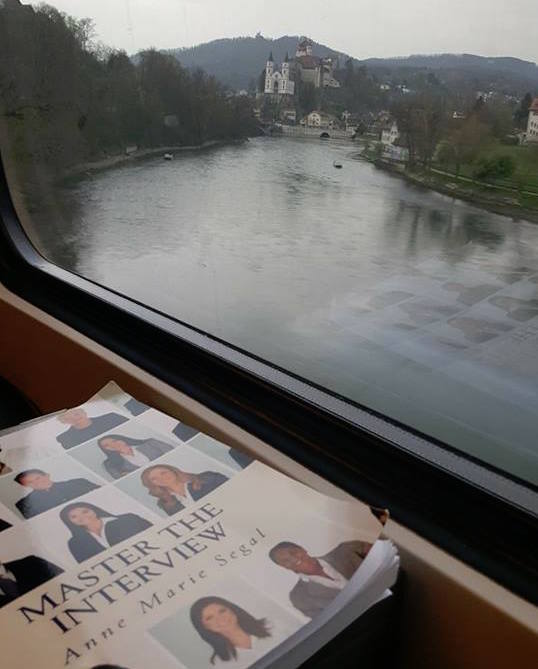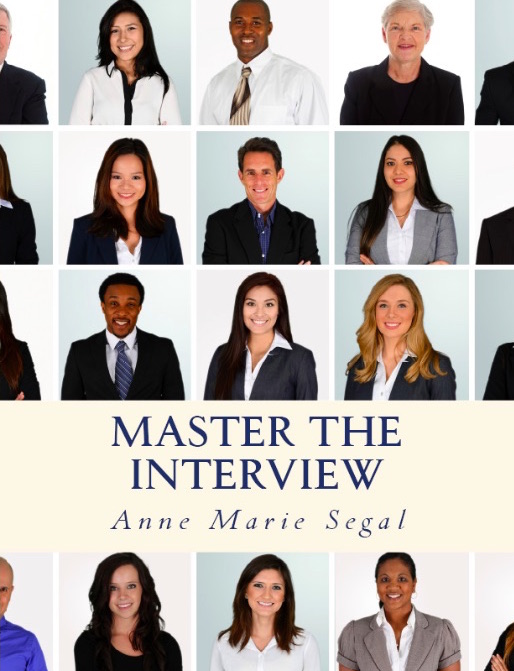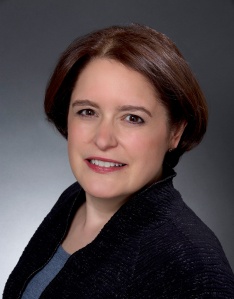
Kristina has always secretly dreamed of owning a vineyard in France.
She has other dreams, too. But this one just won’t go away.
How can Kristina, from her windowless desk at a bank in New York City, figure out how to bring more of her dream life into her actual life?
Exploration is the first stage of a successful career transition, as I covered in my prior post. Stage 2 is a decision-making process that involves vetting the ideas that have been uncovered through brainstorming, research, informational interviews, networking and other means of discovery. We vet against a set of factors that we have enumerated, such as our values, talents, interests, skills, financial needs and the market.
These two first stages (exploration and vetting) work in tandem but are distinct. In fact, we do them naturally every day, but not always intentionally. More importantly, too often we rush to judgment about our ideas without fully opening ourselves to the brainstorming process, missing valuable information about ourselves and our true career goals as we try to vet while still exploring ideas. Often this rush is triggered by our own anxiety about transition, while at times it is the expediency of the situation.
In the best case scenario, we will explore and vet in a cycle, which will look a lot like the following image. We explore ideas, we vet them, and then we explore again. In other words, each time we make an interim decision about career transition that has not led us to a final conclusion, we go back to the proverbial drawing board with an open mind, returning to further vetting until we make a final decision (about one or more options to pursue in our career transition).
Here is what this might look like.

As we covered in the prior post, there are three aspects of the brainstorming phase:
Creative Mindset – Facts – Exploration
Kristina can generate ideas about her vineyard dream, conduct actual research into what it takes to own a vineyard and explore her questions with people who are already in her dream space.
As a coach, one of the points I would try to tease out from Kristina is what exactly appeals to her about this dream. Some of the appeal may be one or more of the following:
- Living on the land; more in-tune with the seasons
- Being involved with the wine community
- Making money while drinking wine! 🙂
- Doing something completely different than her current job – i.e., curing burnout
- Feeling relaxed, the way she feels on vacation
- Owning her own business; being her own boss
- Living in France; speaking French
- Feeling as though she has made an impact on the world
- Leading a team of people committed to a quality product
For your own dream job, I would encourage you to do the same brainstorming about what exactly is appealing about that dream. Think through what is missing in your life that this dream job would offer. Imagine what you would be doing every day and how that would support your values and vision of yourself.
Notice that we haven’t yet vetted anything. We don’t know if Kristina has the money it takes to buy a vineyard (or could get financing), the talents to do it, the stomach for the risks or the true interest in doing the day-to-day work of running a vineyard. We also don’t know if she would be any good at it – would she be able to sell any wine? There are a hundred questions she would need to answer before actually moving forward, and each of those questions (and their answers) may open more ideas to explore as well as offer good feedback to Kristina about how a successful career transition would look.
The reason for separating exploration and vetting is that we often try to make decisions with too little information. Kristina will not know why this particular dream keeps coming up if she does not explore it, without the shoulds getting in the way. (You know the shoulds, I am sure. She should be practical. She should stop wasting time with something that will never happen…. And the rest of their should cousins.)
As part of her exploration, Kristina can explore vineyards from Long Island to Provence and beyond. She can talk to people in the business. She can sign up for Alliance Francaise, if her French is a little rusty. If she feels ambitious and tentatively committed to see if this could go anywhere – or just for fun, to give it a whirl – she can create a business plan for the vineyard. In other words, Kristina can bring her dream world a bit more into her real world and recall the sensation of being carried away by an idea.
In summary, the openness and creativity resulting from Kristina’s indulgence of her dream job idea may at some point lead to the actual result of opening her own vineyard – if it passes the vetting process – or it may throw off side ideas that are a better fit.
If you are ready to move to Stage 2, here are the main points to vet:
Values – Talents – Interests – Skills – Needs – The Market
Like Kristina, once you have some ideas on the table and have done your initial exploration with an open mind (whether these ideas represent dream jobs or simply “a bit better than what I have now” jobs), you are ready to subject these ideas to the vetting process. As an overview, here are some questions to ask yourself:
- Your Values: Will the targeted role be meaningful to you? Will it meet your top values or will there by any values that need to be compromised (or left unmet) in this role?
- Your Talents: Does it play to your strengths, and will it best utilize your greatest talents?
To insert an example here, in Kristina’s case, does she understand the how to market wine (or could she learn it) and would she enjoy doing that? What about how to run a farm? Run a business? Manage people? Manage cash flow?
What other talents will she need, and which of these play to her strengths?
- Your Interests: Will the role be challenging and interesting on a daily basis? Are the problems that arise ones that you enjoy solving?
- Your Skills: Do you have what is needed for the targeted role and if not, how can you acquire those skills? What commitment is needed to close the gap?
- Your Needs: Will the role serve your financial needs? Will it meet other needs, such as the need for autonomy, the need to feel part of a team or the need to be recognized for good work?
- Your Temperament: Will the minor annoyances in this job one day become major ones? Are you well suited to the day-to-day aspects of the role?
- The Market: Does the marketplace need what you would like to do? How many of this type of role is available at the level that will meet your financial needs? Note: If it is a new idea or a niche market, you may need to conduct market research to know the answer to this point – don’t assume that just because you build it (and love it yourself), they will come.
Through thoughtful exploration and careful vetting – which is not all work, it can be fun too! – you will find new ways to frame and “reframe” your ideas and decisions about career transition. Whether you are looking to make a major change like the one above or if you simply want to tweak your current role, putting structure and organization around the process helps you make better decisions. You also may, as part of the process, find a “bridge job” that will help you incorporate into your life some aspects that are missing, as you continue to explore and vet your longer vision for your career.
For example, say that Kristina decides that she does want to go for it and open a vineyard in France – not an immutable decision, but a concrete goal – and that she has or can find the means to do so. She may first move from her bank job in New York to a similar role in Paris – admittedly also a move that takes effort – as a way to get geographically closer to her goal, meet more people who can make it a reality and satisfy a number of points on her dream list that appeal to her. Alternatively, she may seek a role at a vineyard (or a service provider to vineyards) in some capacity that is closer to her current role and uses her current skills, learning the business as she goes.
Remember: neither is not a compromise, either is a bridge. As she takes smaller risks and gets closer to the life she desires, Kristina will increase her resilience, self-awareness and capacity for change.
Hungry (or thirsty) for change? What will your next move be?
Anne Marie Segal is a career coach and résumé writer for attorneys, executives and entrepreneurs. She helps clients with career exploration and other stages of the job search process. For more information, please visit her website at www.segalcoaching.com.
© 2016 Anne Marie Segal. All rights reserved.
First image above: Shutterstock.










